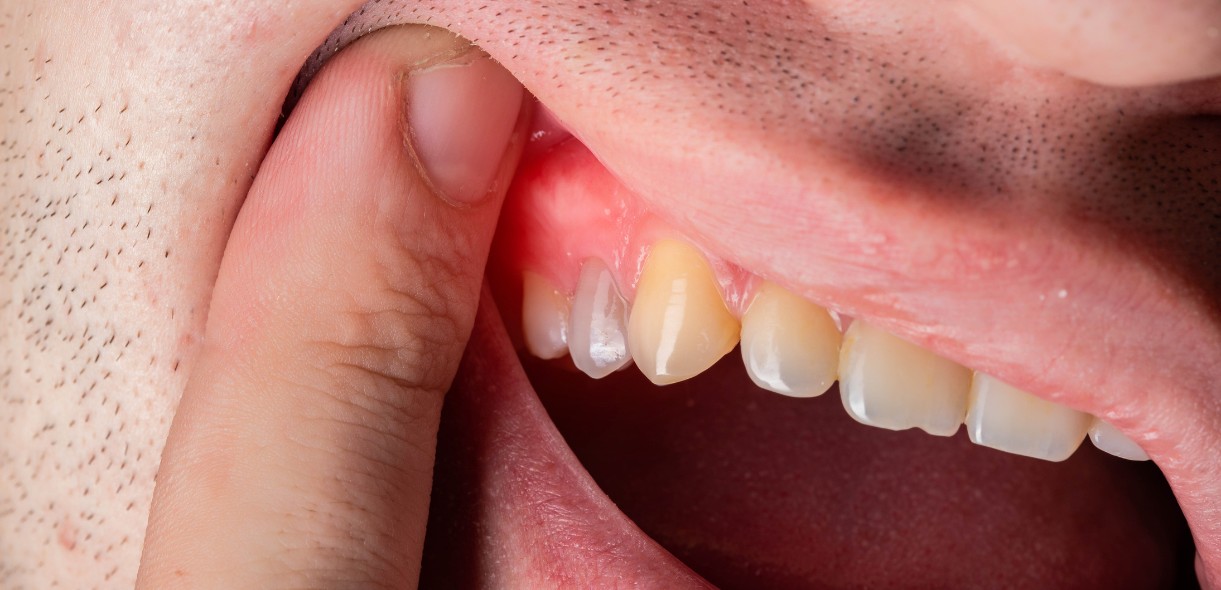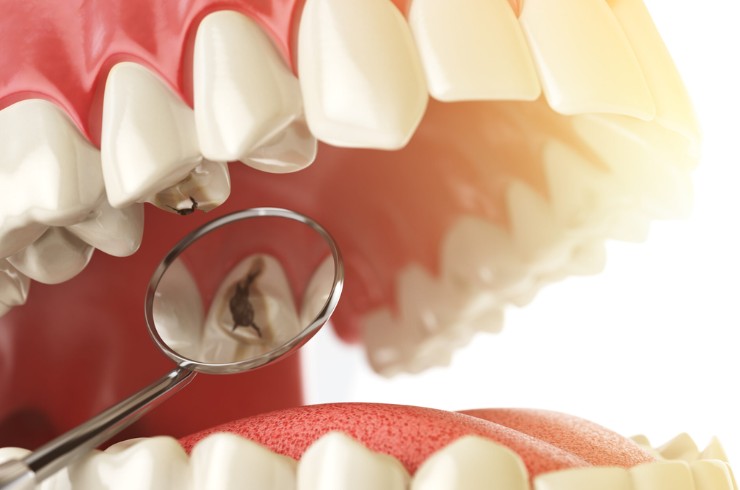(817) 465-3454
Why a Dental Infection Should Be Treated Immediately

A toothache can be a nuisance, but did you know it could signal a more serious problem? Dental infections, if left untreated, can cause significant damage to your oral health and even your overall well-being. In this article, we’ll explore why prompt treatment of dental infections is crucial, and how to spot the signs so you can seek help right away.
Understanding Dental Infections
A dental infection occurs when bacteria invade the inner pulp of your tooth, usually through a cavity or crack. This triggers an immune response, leading to inflammation and pain. If left untreated, the infection can spread to surrounding tissues and bone.
Dental infections are surprisingly common, affecting millions of people each year. Fortunately, they are also highly treatable with timely intervention.
Why Delaying Treatment is Risky
Ignoring a dental infection can have serious consequences. Here’s what you risk by putting off a visit to the dentist:
- Spread of Infection: The bacteria from the infected tooth can travel through the bloodstream, potentially leading to infections in other parts of your body, like your heart, brain, or lungs.
- Damage to Surrounding Teeth: An untreated infection can spread to nearby healthy teeth, causing them to become infected and require treatment as well.
- Serious Health Complications: In rare cases, a severe dental infection can lead to life-threatening complications like sepsis, a whole-body inflammatory response.
Warning Signs of a Dental Infection
Being aware of the signs and symptoms of a dental infection can help you seek treatment before it worsens. Here are some key indicators:
- Tooth Pain: This is often the first and most noticeable symptom. The pain may be constant, throbbing, or worsen with chewing or biting.
- Swelling and Redness: The gums around the infected tooth may become swollen, red, and tender to the touch. You might also experience facial swelling.
- Fever and Chills: In some cases, a dental infection can cause a fever and chills, indicating that the infection is spreading.
Treatment Options for Dental Infections
The best course of treatment for a dental infection depends on the severity of the infection and the condition of the tooth. Here are some common approaches:
- Antibiotics: Your dentist may prescribe antibiotics to combat the bacteria and reduce the risk of the infection spreading.
- Root Canal Therapy: This procedure aims to save the tooth by removing the infected pulp, cleaning the inside of the tooth, and then sealing it with a filling.
- Tooth Extraction: If the tooth is severely damaged or the infection is too advanced, extraction may be necessary to prevent further complications.
Preventing Dental Infections in the First Place
The good news is that most dental infections can be prevented with a proactive approach to your oral health:
- Proper Oral Hygiene: Brushing your teeth twice a day with fluoride toothpaste and flossing daily removes plaque and bacteria, the main culprits behind dental infections.
- Regular Dental Check-ups: Schedule regular dental checkups and cleanings, typically every month. This allows your dentist to detect and address any potential problems early on, before they develop into infections. And if you are residing in or near Arlington, TX area then consider South Arlington Smiles for trusted and reliable dentist in Arlington, TX.
- Avoiding Risk Factors: Limiting sugary foods and drinks, quitting smoking, and wearing a mouthguard during contact sports can all help reduce your risk of developing dental problems.
By understanding the importance of treating dental infections promptly, recognizing the warning signs, and practicing good oral hygiene, you can keep your smile healthy and avoid the potential complications that come with untreated dental infections. Remember, early intervention is key!



